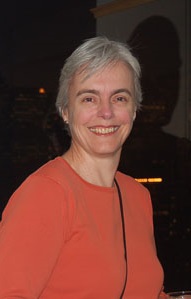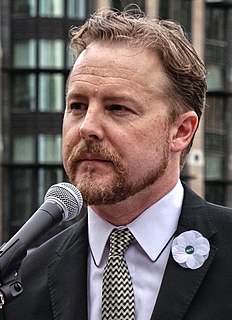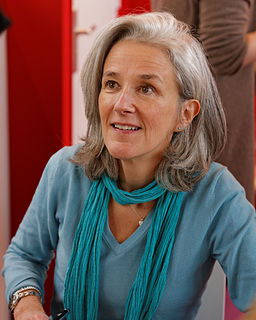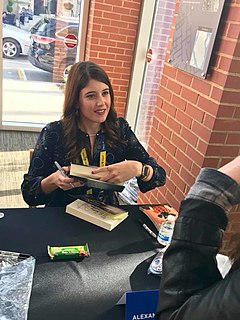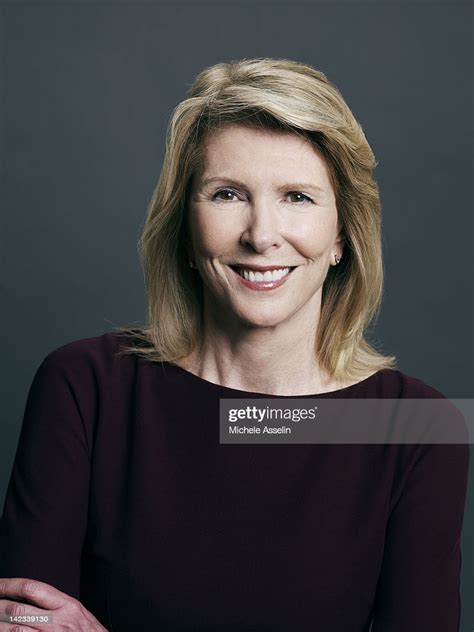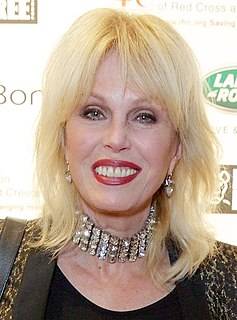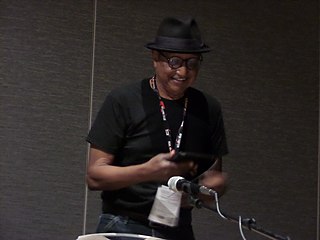A Quote by Margo Lanagan
How different other families were, the shape of them, the things they presumed, the children that grew up in them.
Related Quotes
The girl wondered: These policemen... didn't they have families, too? Didn't they have children? Children they went home to? How could they treat children this way? Were they told to do so, or did they act this way naturally? Were they in fact machines, not human beings? She looked closely at them. They seemed of flesh and bone. They were men. She couldn't understand.
A lot of my friends in my student days complained about how their parents made them play an instrument when they were kids. I always felt compassion for them and didn't believe a parent could be so cruel, but when I check today, those complaining friends grew up to be quite successful, and many of them are now making their children play.
I think that people all grow up and have their same personalities, but you can say, "Oh, I can see the roots of this personality, which I didn't like, but then you grew up, and I can still see you as that person, but I do really like you now." Which is sort of how I feel about children - I mean, about children who I knew when I was a child and grew up with, and they're still my friends, and children that I know as children who I see growing up, and every year I like them more.
I think oldest children have a different mentality or know that there were different expectations of them, and I was not only the oldest child - I was the oldest grandchild of 18 grandchildren. I definitely grew up feeling like there were a lot of people who expected me to do something. But it was a very conservative family, very conservative neighborhood. I'm talking mid- to late '60s when I was growing up there, and so if I had stayed in the Boston area, I think my life would have been radically different.
We must pay attention to the millions of children of this generation who are caught up in armed conflicts. How can we protect them from the worst consequences of war? And when hostilities cease, how can we take the war out of them? By eliminating landmines, controlling the sale of small arms, raising the age of recruitment ... are all essential measures. By reuniting children with their families and providing programs of physical and psychological rehabilitation.
Her accent's funny, different from mine, different from anyone in Prentisstown's. Her lips make different kinds of outlines for the letters, like they're swooping down on them from above, pushing them into shape, telling them what to say. In Prentisstown, everyone talks like they're sneaking up on their words, ready to club them from behind.
At first glance, the key and the lock it fits may seem very different," Sazed said. "Different in shape, different in function, different in design. The man who looks at them without knowledge of their true nature might think them opposites, for one is meant to open, and the other to keep closed. Yet, upon closer examination he might see that without one, the other becomes useless. The wise man then sees that both lock and key were created for the same purpose.
Where did all the women come from? The supply was endless. Each one of them was individual, different. Their pussies were different, their kisses were different, their breasts were different, but no man could drink them all, there were too many of them, crossing their legs, driving men mad. What a feast!
